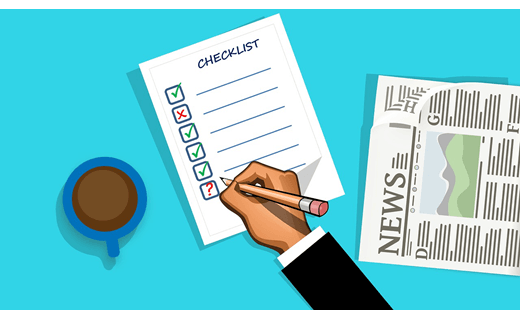- Candidates
- Login
- Set Up Account
- Create a Job Alert
- Search Tools
- Resources
- Employers

Short on Skills. If you don’t have the skills and qualifications the employer is seeking, think twice about submitting an application. Many job postings list the skill set required for the position, and if you don’t have at least most of them you won’t be considered.
Don’t Have the Experience. Most employers require a certain amount of experience when seeking applicants. That information should be clearly listed in the posting. For example, these employers require a minimum number of years of experience:
If you’re close you might be considered but if you fall significantly short you won’t be.
Short on Educational Requirements. In some cases, employers list educational requirements. You’ll need to meet those requirements in order to be chosen for an interview. Here are some examples:
As with experience, if you’re close you might be considered. If you have the degree, but a different major and appropriate work experience it’s worth applying.
The Job or Company Isn’t a Fit. Sometimes, the job or the company simply isn’t a match for what you want for your next job. It could be that you don’t have the job requirements or that you have a different concept of fun than the company does.
With these types of requirements, the employer is looking for a certain type of person who will be the best fit for the job and the organization. These aren’t always as definitive as some of the other job requirements. However, do be sure that the requirements and the company culture make you feel like you’d love to work there rather than making your cringe at the thought of having to do some of the on-the-job and extra-curricular activities.
Live in the Wrong Place. Because there are three applicants for every job it can be hard to get hired for a job in a different location. It’s easier for employers to hire local than it is to relocate a new hire. However, it can be worth applying if you have the flexibility to interview and relocate on short notice. For higher level positions, there are even more opportunities to get hired because the expectation is that the top level candidates may not be local.
Can’t Work the Schedule. If the job says that travel is required or that you need to be available for flexible hours that is what you’ll be expected to do. Here are some examples:
Don’t expect an employer to change those requirements for you. In most cases, it won’t happen. Be sure that you have the flexibility to work the job schedule before you apply.
Short on Connections. For some jobs, especially sales, you’ll be expected to have a network of contacts and clients that you can tap. Be sure that you have the client base or connections you’ll need for success on the job.
More Factors to Consider When Applying
There are other factors involved in determining whether to apply for a job. These are more flexible, and it can be easier to tailor your application materials to enhance your credentials. You can mix and match your qualifications for the job.
Equivalent Experience and Educational Requirements
In some cases, having experience equivalent to the degree requirements is acceptable. For example:
These requirements offer some leeway, so if you’re not sure apply and let the employer decide.
When Requirements Are Preferred but Not Required
When employers list preferred requirements, you’ll have a better chance of getting hired even if you're not a perfect match. Do be sure to list your closest qualifications in your resume and cover letter.
Paid Work Experience vs. Other Experience
One thing to remember when you’re deciding whether to apply is that your experience doesn’t have to all be paid work experience. Internships and summer jobs count. So does volunteer experience and other activities. Be sure to include them when you’re making the case for getting selected to interview.
Match Your Qualifications to the Job Description
Even when you have all the right stuff, it’s essential to match your strongest qualifications to the job. You need to show the hiring manager that you’re qualified. They aren’t going to figure it out for themselves.